Cuatreros (Rustlers)
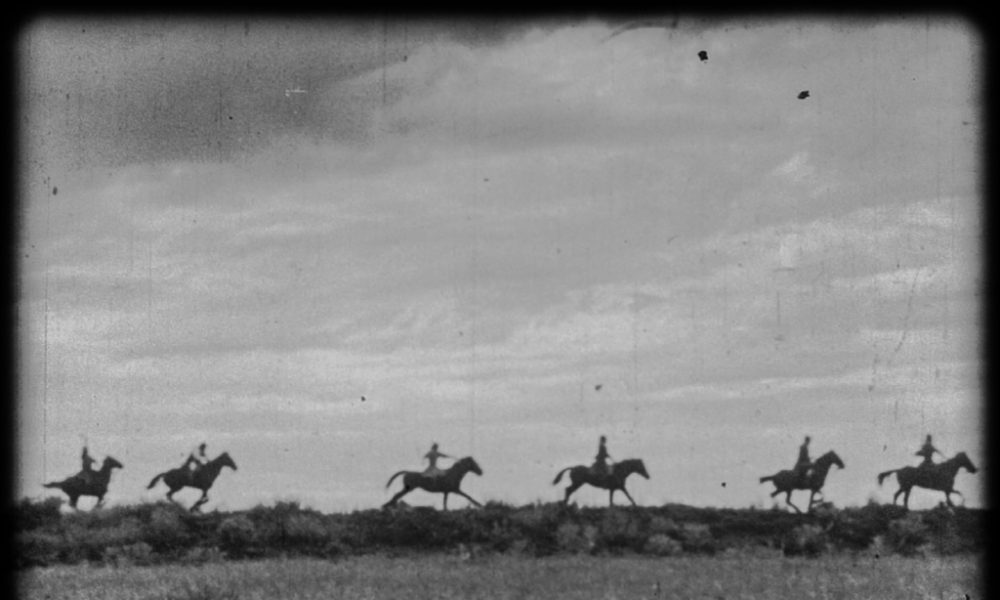
Memory and truth. The truth that Argentinian director Albertina Carri (also co-producer, writer and narrator) seeks in her sprawling, experimental documentary, Cuatreros (Rustlers), encounters many obstacles. This film reveals Carri’s struggles to make a biopic of Isidro Velázquez, a controversial figure from Chaco, Argentina, who was gunned down by police in 1967.
The viewer must be very active in absorbing the fast-paced dialogue and a constant bombardment of images. The director’s non-stop style of alternating between five, three or one split screen channels is a bit intense, so reading the subtitles and catching all the images in each channel is a near-impossible feat. Perhaps this barrage of footage is referring to this chaotic period in Argengina in the 1960s and 1970s, when so many people disappeared without warning, Carri’s parents included. It’s rather overwhelming, some more backstory would be welcome, and it would be interesting to know how Spanish speakers react to this non-traditional narrative challenge.
The mix of archive footage – interviews, clips from film and television, videos of insects, home movies and advertisements – adds a sense of urgency to the experience. The piece questions history and how everyone understands it in their own unique way. One must consider and choose carefully what to focus on and is likely to wonder how Carri got permission to use what looks like weeks’ worth of (archival) footage. Was it all in the public domain?
About two-thirds into the film, a single channel (which was a welcome change) shows animated foreign organisms invading a body (with matching narration, finally). “A country, your country, our country, just like a living organism should always be protected.” This message is very clear-cut and sets up the next clips about Argentinian nationalism at the time. The ongoing current global trend for nationalism, fighting off these “evil foreign” bodies, shows that Carri’s message is still relevant today.
The director reveals towards the end that the difficulties she faced as a filmmaker, daughter and mother in making the documentary were not only tied to her interest in a Velázquez film but also related to the search for her family, discovering some semblance of her mother and father. The fact that her father wrote a book about Velázquez is telling: having his extreme nonconformity in her head motivated Carri – she refers to the fat and useless cops several times, revealing her contempt for authority.
Family and resistance are at the head of this unorthodox and surprising film. While Carri’s intensely passionate and dynamic documentary is sometimes difficult to follow, her vision and audacious method of delivery show an accomplishment that takes filmmaking to a new level. It’s no wonder that Cuatreros was screened this year in the Forum section at Berlinale. Lovers of unusual and ambitious cinema will surely enjoy her efforts.
Lindsay Bellinger
Cuatreros (Rustlers) does not have a UK release date yet.
For further information about the 67th Berlin Film Festival visit here.
Read more reviews from the festival here.
Watch the trailer for Cuatreros (Rustlers) here:

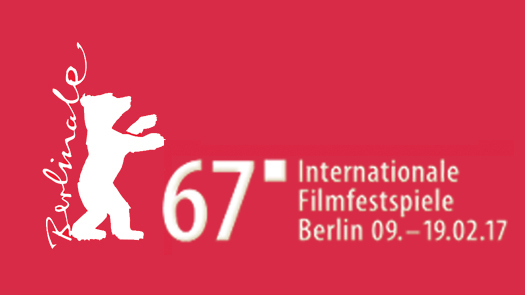












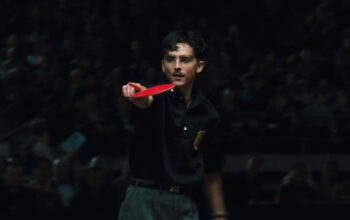




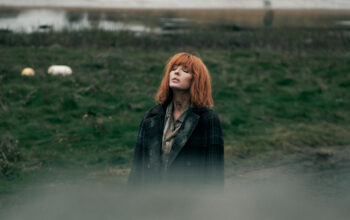
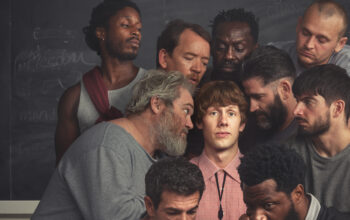



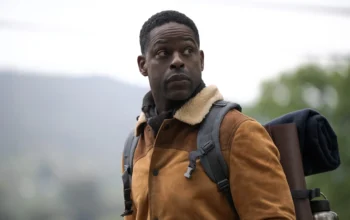

Facebook
Twitter
Instagram
YouTube
RSS